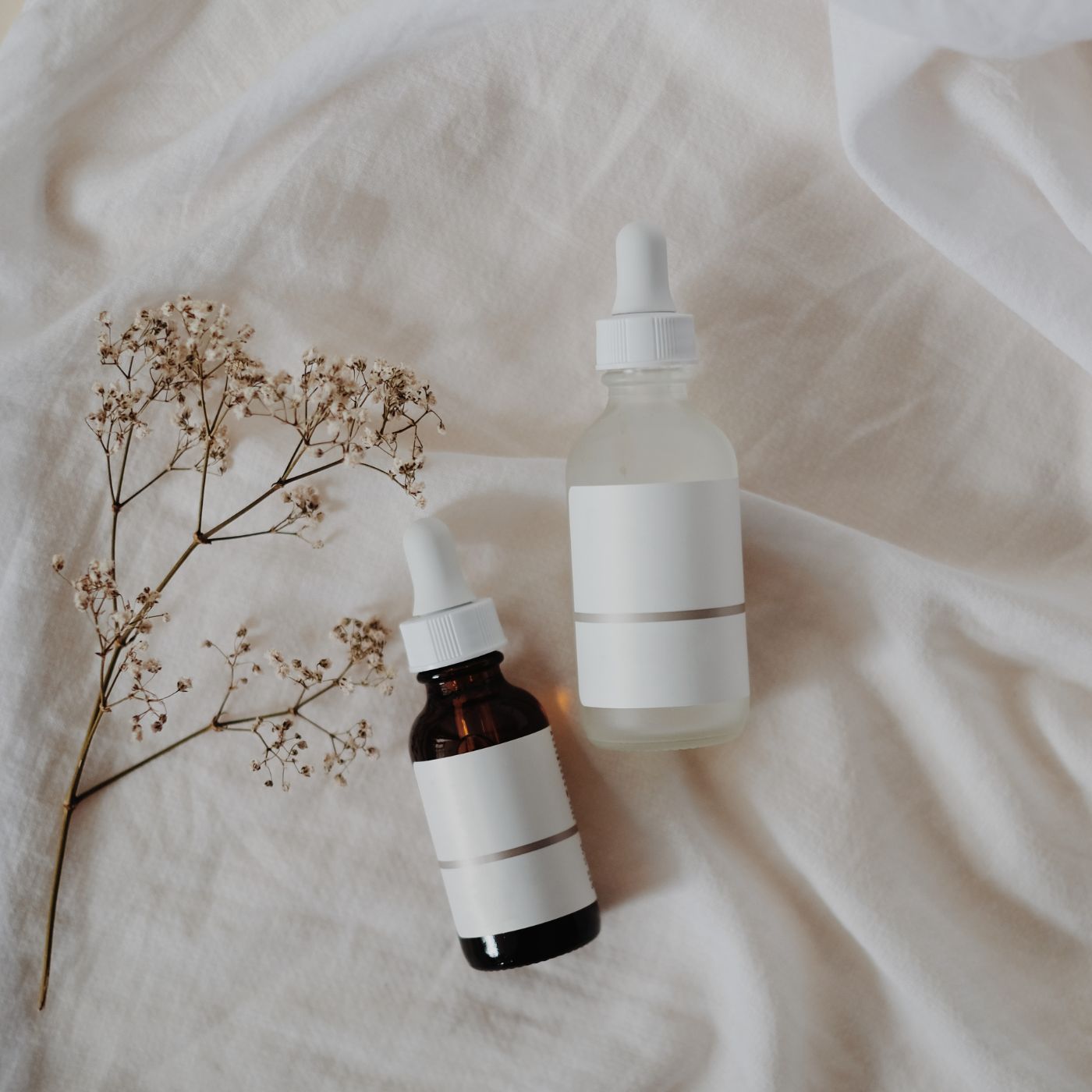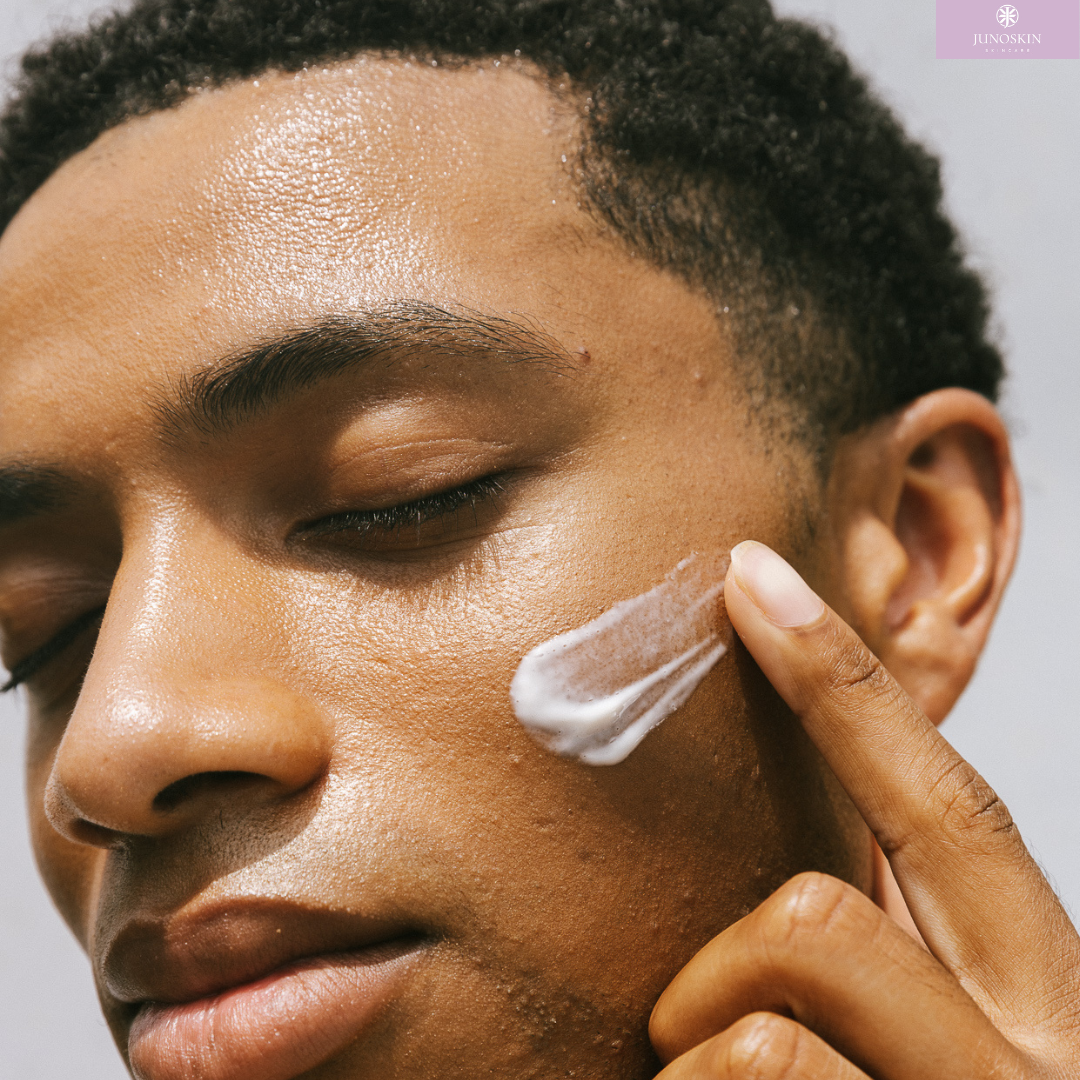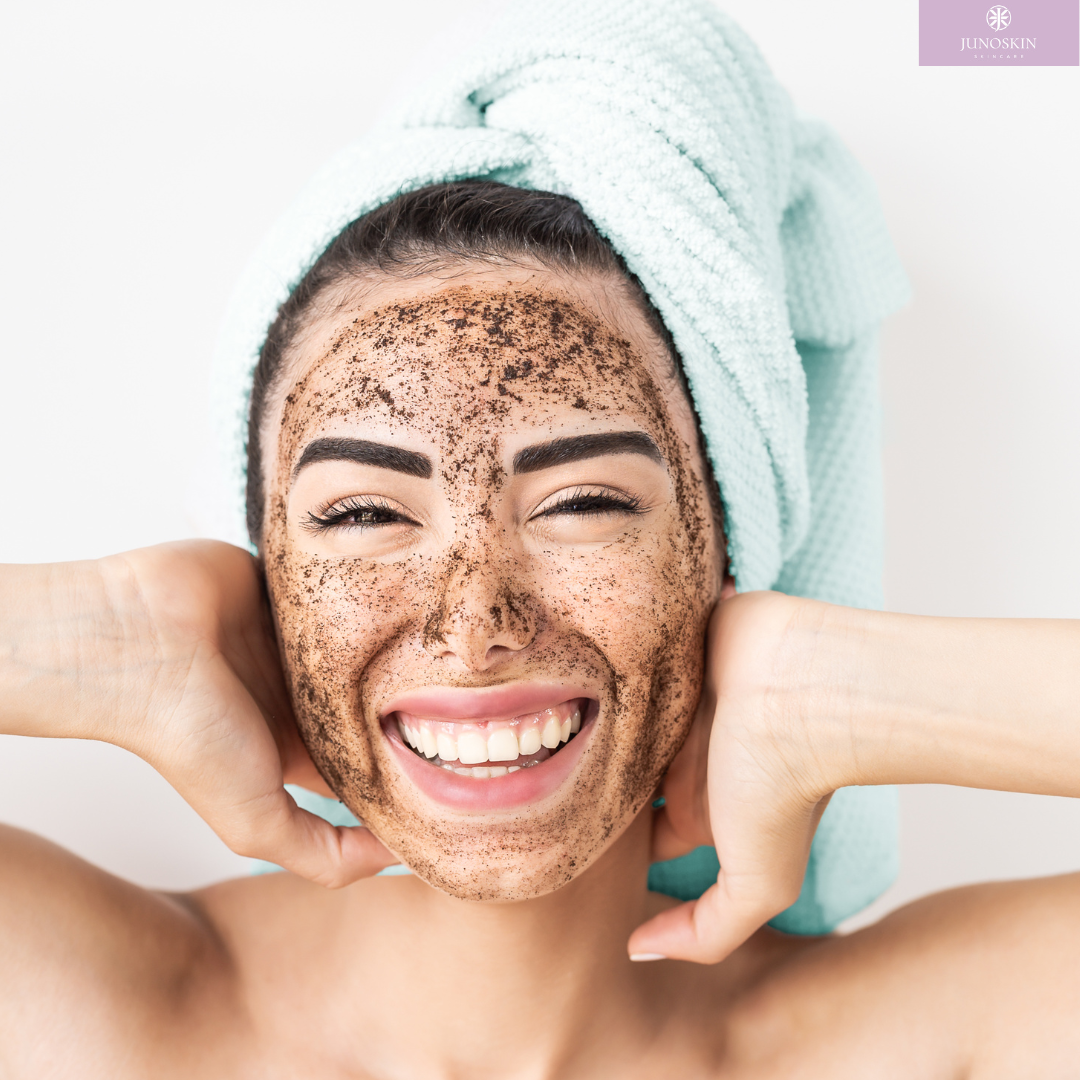Vitamin A is a critical nutrient with various forms that serve diverse functions in the body. Two of the most prominent forms are retinal and retinol, both integral to biological processes but with distinct roles and chemical properties. Understanding the differences between retinal and retinol is essential for deciding which is the best skincare ingredient for you.
At a molecular level, retinal and retinol differ primarily in their chemical structures, which dictate their respective roles in the body. Retinal, also known as retinaldehyde, is the aldehyde form of vitamin A, characterised by the presence of an aldehyde group (-CHO). This structural feature is crucial for its role in vision. Retinol, on the other hand, is the alcohol form of vitamin A, with a hydroxyl group (-OH) attached to the molecule.
The body can convert retinol into retinal through a reversible oxidation process. This conversion is significant because it allows retinol to serve as a reservoir for retinal, which can then be further oxidised into retinoic acid. The conversion of retinal into retinoic acid is irreversible, highlighting the critical role of retinal as an intermediary form that bridges the gap between retinol and retinoic acid. This process is essential for the skin's health, as retinoic acid is a potent regulator of cell turnover and collagen production, making it a valuable tool in anti-ageing treatments.
The conversion pathways of retinol and retinal are particularly relevant in skincare, where both are used as active ingredients. Retinal, being one step closer to retinoic acid, is more potent than retinol. It is often used in skincare products for its ability to promote cell turnover and reduce the appearance of fine lines and wrinkles. Retinal's potency means it works faster and more effectively than retinol, but it can also cause irritation in some individuals, especially at higher concentrations.
Retinol, while less potent than retinal, is a popular choice in skincare due to its effectiveness and lower likelihood of causing irritation. Because retinol must first be converted into retinal and then into retinoic acid, it acts more gradually, making it suitable for individuals with sensitive skin or those new to vitamin A treatments. Over time, retinol helps improve skin texture, reduce hyperpigmentation, and enhance overall skin tone, albeit at a slower pace than retinal.
We recommend regular use of a retinol because irritation is difficult to handle. New to retinol? Try Junoskin's Retinol Revitaliuse Cream.





